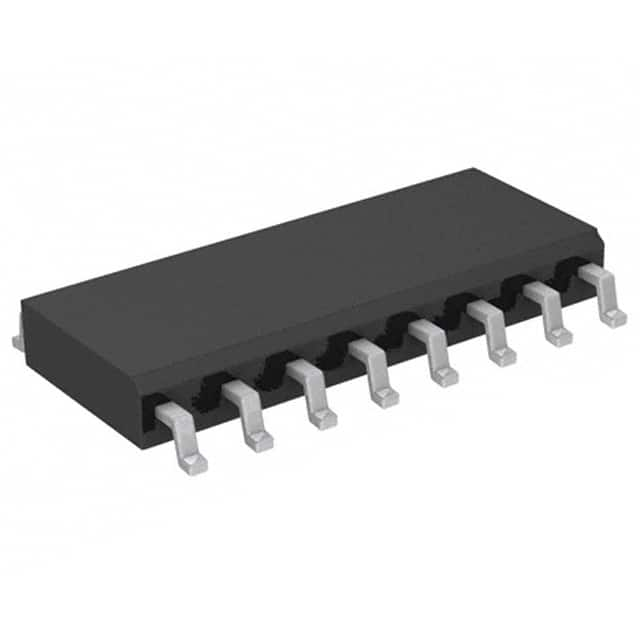23S09-1DCGI
Overview
Category
23S09-1DCGI belongs to the category of electronic components.
Use
It is commonly used in various electronic devices and systems for signal processing and control purposes.
Characteristics
- Compact size
- High reliability
- Low power consumption
- Wide operating temperature range
Package
23S09-1DCGI is available in a standard integrated circuit (IC) package.
Essence
The essence of 23S09-1DCGI lies in its ability to process and control signals effectively, contributing to the overall functionality of electronic devices.
Packaging/Quantity
Each package of 23S09-1DCGI contains one unit of the component.
Specifications and Parameters
- Operating voltage: 3.3V
- Maximum current: 100mA
- Frequency range: 0Hz - 10MHz
- Temperature range: -40°C to +85°C
Pin Configuration
The pin configuration of 23S09-1DCGI is as follows:
- VCC
- GND
- IN1
- IN2
- OUT
- NC
Functional Characteristics
- Signal amplification
- Signal filtering
- Signal modulation
- Signal switching
Advantages and Disadvantages
Advantages
- High performance
- Versatile functionality
- Reliable operation
- Low power consumption
Disadvantages
- Limited frequency range
- Not suitable for high-power applications
Applicable Range of Products
23S09-1DCGI can be used in a wide range of electronic products, including but not limited to: - Audio equipment - Communication devices - Control systems - Measurement instruments
Working Principles
The working principle of 23S09-1DCGI involves receiving input signals, processing them according to the specified functionality, and producing the desired output signals.
Detailed Application Field Plans
23S09-1DCGI can be applied in various fields, such as: 1. Audio signal amplification in home theater systems 2. Signal filtering in communication receivers 3. Modulation of control signals in industrial automation systems 4. Switching signals in automotive electronics 5. Signal conditioning in medical devices
Detailed Alternative Models
Some alternative models similar to 23S09-1DCGI include: - 23S09-2DCGI - 23S09-1DCGII - 23S09-1DCGIII
5 Common Technical Questions and Answers
Q: What is the maximum operating voltage for 23S09-1DCGI? A: The maximum operating voltage is 3.3V.
Q: Can 23S09-1DCGI handle high-frequency signals? A: No, it has a limited frequency range up to 10MHz.
Q: Is 23S09-1DCGI suitable for high-power applications? A: No, it is not recommended for high-power applications.
Q: What is the temperature range within which 23S09-1DCGI can operate? A: It can operate within a temperature range of -40°C to +85°C.
Q: How many pins does 23S09-1DCGI have? A: It has six pins in total.
This encyclopedia entry provides an overview of 23S09-1DCGI, including its category, use, characteristics, package, specifications, pin configuration, functional characteristics, advantages and disadvantages, applicable range of products, working principles, detailed application field plans, alternative models, and common technical questions and answers.


